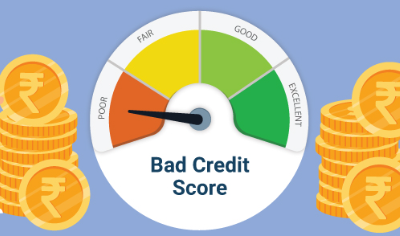Managing debt effectively is crucial for achieving financial stability and freedom. In this guide, we’ll delve into strategies for managing various types of debt, including loans, credit cards, and interest rates, empowering you to take control of your finances and work towards a debt-free future.
1. Understanding Different Types of Debt
Overview:
- Loans: Loans are borrowed sums of money that must be repaid over time, often with interest, and can include personal loans, auto loans, student loans, and mortgages.
- Credit Cards: Credit cards allow users to borrow money up to a predetermined credit limit, with balances carrying over from month to month and accruing interest if not paid in full.
2. Debt Repayment Strategies
Techniques:
- Debt Snowball Method: Start by paying off the smallest debts first, then roll the payments into larger debts progressively, gaining momentum and motivation as smaller debts are eliminated.
- Debt Avalanche Method: Prioritize debts based on interest rates, starting with the highest-interest debt first to minimize overall interest costs and pay off debts more efficiently.
3. Consolidating Debt
Options:
- Debt Consolidation Loans: Combine multiple debts into a single loan with a lower interest rate, simplifying repayment and potentially reducing monthly payments.
- Balance Transfer Credit Cards: Transfer high-interest credit card balances to a new card with a promotional 0% APR period, allowing for interest-free payments for a limited time to accelerate debt repayment.

4. Minimizing Interest Costs
Strategies:
- Negotiate Lower Interest Rates: Contact lenders to negotiate lower interest rates on loans or credit cards, especially if you have a good payment history or improved credit score.
- Pay More Than the Minimum: Pay more than the minimum payment on credit cards and loans each month to reduce principal balances faster and minimize interest costs over time.
5. Avoiding Debt Traps
Precautions:
- Live Within Your Means: Avoid overspending and living beyond your means by creating a budget, tracking expenses, and prioritizing needs over wants to prevent accumulating excessive debt.
- Be Cautious with Credit Cards: Use credit cards responsibly, avoiding impulse purchases and carrying balances from month to month to prevent falling into a cycle of revolving debt.
6. Seeking Professional Assistance
Resources:
- Credit Counseling Services: Consider consulting with accredited credit counseling agencies for personalized debt management advice, budgeting assistance, and debt repayment plans.
- Financial Advisors: Work with financial advisors or planners to develop long-term financial strategies, prioritize debt repayment goals, and optimize overall financial health.
7. Planning for the Future
Goals:
- Emergency Fund: Build an emergency fund to cover unexpected expenses and financial emergencies, reducing the need to rely on credit cards or loans during times of crisis.
- Long-Term Savings: Allocate funds towards long-term savings goals, such as retirement accounts or investment portfolios, to build wealth and achieve financial security beyond debt repayment.
8. Conclusion
Effectively managing debt requires careful planning, disciplined budgeting, and strategic debt repayment strategies. By understanding the types of debt, implementing effective repayment techniques, exploring consolidation options, and minimizing interest costs, individuals can take control of their finances, reduce debt burdens, and work towards a brighter financial future.





